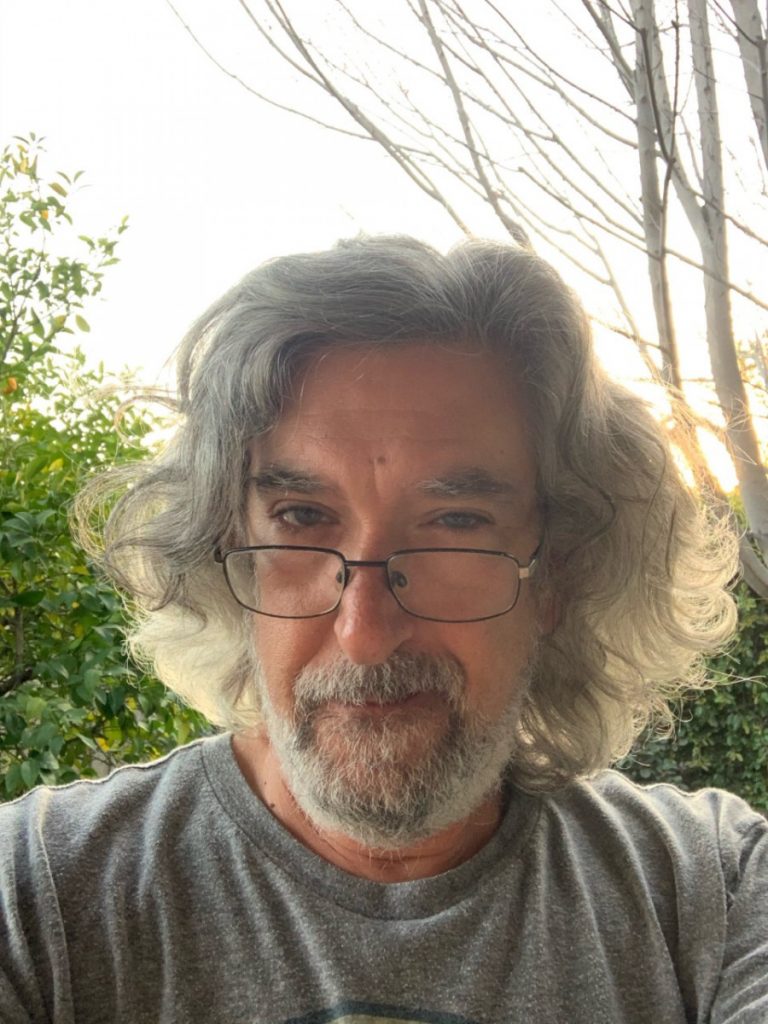MAX ZAMBRANO – STAFF WRITER

When it comes to death, religion and drugs, Gary Laderman is the man with the answers.
“Laderman has become the foremost ‘death expert’ in American life,” according to a Dec. 14, 2020, Religion News Service article, after describing an 8-year-old Laderman’s dismissal of a rabbi’s advice to not think about death, which he was told after his grandfather died.
At 1 p.m. Wednesday, July 7 in the Amphitheater, Laderman will present his lecture, “Faith in Drugs: America’s Religious Future,” the closing Interfaith Lecture for Week Two’s theme, “New Frontiers: Exploring the Future of Religion in America.”
Laderman is the Goodrich C. White Professor of American Religious History and Cultures at Emory University in Atlanta. He has always been interested in death, which led to his fascination with religion, but his journey researching and learning about drugs is more recent.
“My scholarly interests in writing a book about religion and drugs emerged later in my career, after I had written a bit on topics like the history of death and funerals in America, religion and popular culture, and religious diversity, and certainty well after I received my tenure,” Laderman said.
He began teaching a class called “Sacred Drugs” at Emory a few years ago — one of the key points of his journey, he said. The others were an essay on LSD and American spirituality, and the chapter “Medicine” in his book Sacred Matters: Celebrity Worship, Sexual Ecstasies, the Living Dead, and Other Signs of Religious Life in the United States.
I’m hoping to get folks to reconsider their understanding of what religion means and how that term is applied in American life.”
Gary Laderman, Goodrich C. White Professor of American Religious History and Cultures, Emory University
In this class, Laderman covers a variety of psychoactive drugs and said he enjoys learning with his students.
“My favorite things to teach are usually those topics that really strike a chord with them, like religion or the pharmaceutical industry; or the history of coffee; or psychedelics, death anxiety and religion,” he said.
Laderman said, in a Nov. 10, 2020, Emory Report article, that both drugs and religion can help people escape daily life and drive questions about the meaning of life.
About 300 students typically enroll in the class, he said.
“I love the class and am aware of the impact it has on students, which is tremendously fulfilling,” Laderman said.
Now, Laderman is writing a book with the same name as his Emory class.
Director of Religion Maureen Rovegno said she thought Laderman would be perfect for Week Two’s theme.
“I asked a friend from Emory to describe Gary,” Rovegno said. “His response was that, ‘Gary is an exceptional, lively, informed and made-for-Chautauqua type speaker, who does very interesting work on contemporary religion and the spiritual habits of millennials.’ Gary will bring the Series’ conversation to a fitting and interesting closure.”
For his lecture, Laderman will hone in on two broad points.
“On the one hand, I’m hoping to offer an alternative take on America’s religious future by looking at the connections between religious life and the consumption of drugs,” Laderman said. “That is a little far out, perhaps too far out for some people to even entertain, but, on the other hand, I’m hoping to get folks to reconsider their understanding of what religion means and how that term is applied in American life.”




